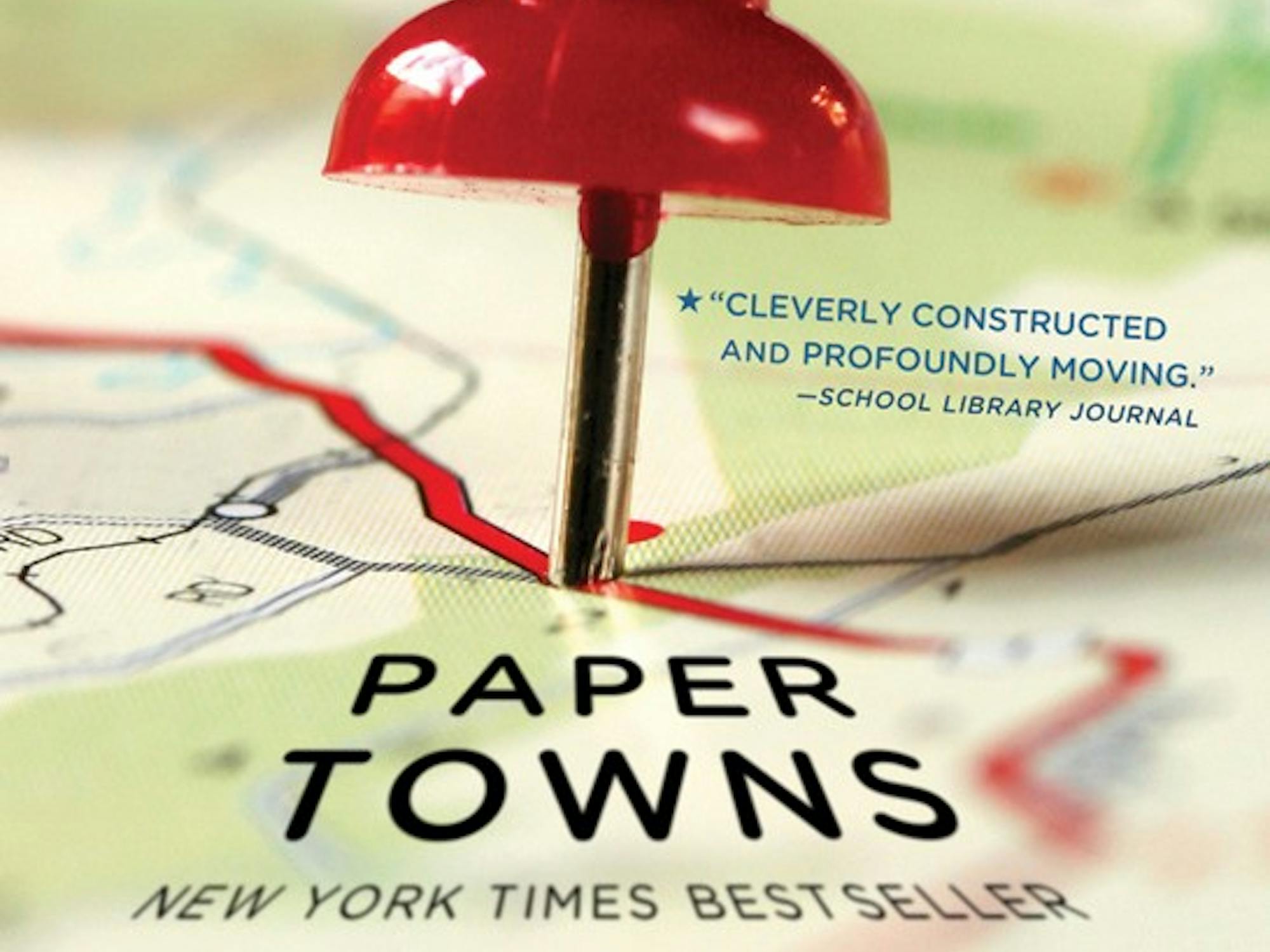“It’s a paper town. I mean look at it, Q: look at all those cul-de-sacs, those streets that turn in on themselves, all the houses that were built to fall apart. All those paper people living in their paper houses, burning the future to stay warm. All the paper kids drinking beer some bum bought for them at the paper convenience store. Everyone demented with the mania of owning things. All the things paper-thin and paper-frail. And all the people too.”
“Paper towns” is the choice of words to describe the very lifestyle of consumerist people whose every intent in life is based on the conjecture of monetary and social gain. Paper people could be described as people who are living, but not truly alive.
The New York Times bestselling author of “The Fault In Our Stars,” John Green, strikes again with “Paper Towns.” The book features his profound sense of writing, riddled with his usual philosophical questions of “Who am I?” and “What does my life mean?” The story begs the reader to dig within and shovel out answers to these metaphysical questions page by page along with the characters.
“Paper Towns” follows the narrative of teenager Quentin through the remaining weeks of his senior year of high school as he battles with the overwhelming pressure of graduating. It’s safe to say Q, as he is often called, is an above average teenager living in an average town.
Monotonous routines keep up with him until Margo Roth Spiegelman shows up one night at Q’s window, her eyes twinkling with adventure and the promise of a night he will never forget. Margo speaks of ideals and expresses philosophies not fit for an ordinary 17-year-old, but then again, Margo is far from ordinary.
After a night jam-packed with spray paint, catfish and entering (but not breaking), Margo vanishes and Q takes her disappearance as one mystery begging to be solved. Q finds himself on a journey of self-discovery as he flips through pages of Walt Whitman’s poem, “Song of Myself,” and is forced to understand the very essence of Margo Roth Spiegelman, and in turn, understands the very essence of humanity itself.
As the story unfolds, “Paper Towns” will leave your stomach in knots with each turn of the page, your belly following each twist in the novel.
“Like a metaphor rendered incomprehensible by its ubiquity, there was room enough in what she had left me for endless imaginings, for an infinite set of Margos.”
This novel speaks of addressing the perceptions each human has for another human being, that you will never truly understand the real “Margo” because of your own blurred visions of looking through “mirrors and windows” without actually knowing that person. You think that you know a person – your brother, your co-worker or your best friend, even – but in actuality, you know what they want you to know.
You know their interests and dislikes, but you only know the shell of their existence. You fail to understand their fears, notions and their very thoughts and insecurities.
There are few instances where I have flat-out refused to exit the car with the sole intent to finish an astoundingly good book, but one of which was “The Fault In Our Stars” and the other just recently with “Paper Towns.” The next time you decide to crack open one of John Green’s prophetic novels, do so with the intent to stay in a stationary edifice. Otherwise, you will find yourself filled with the desire to stay buckled into the leather upholstery, reassuring your friends that you only have seven pages left.










